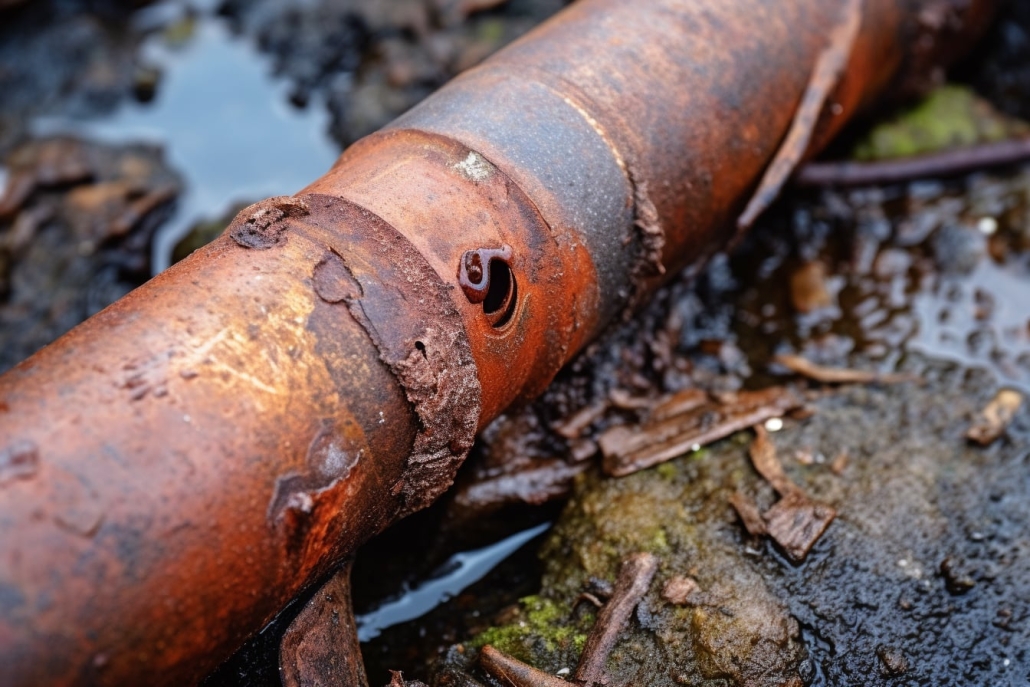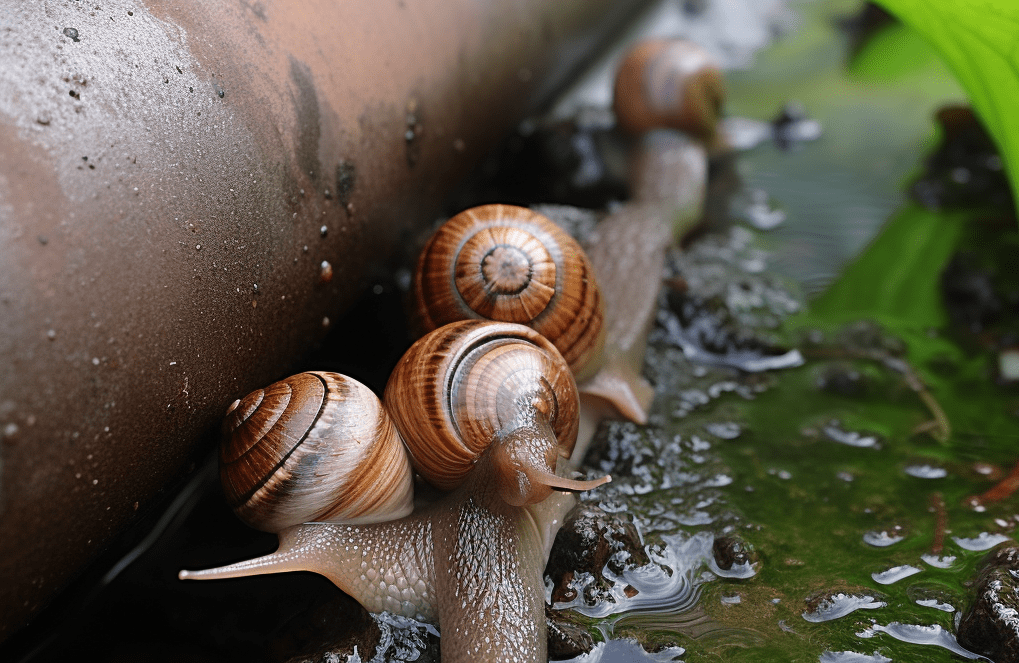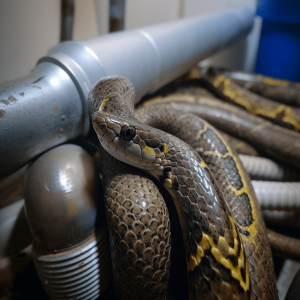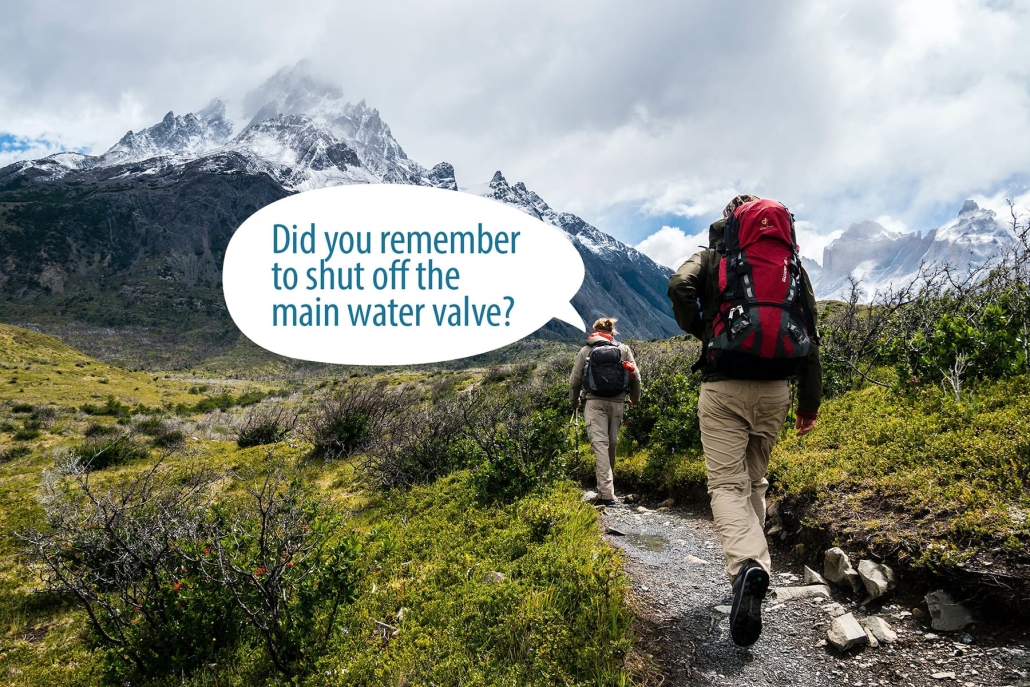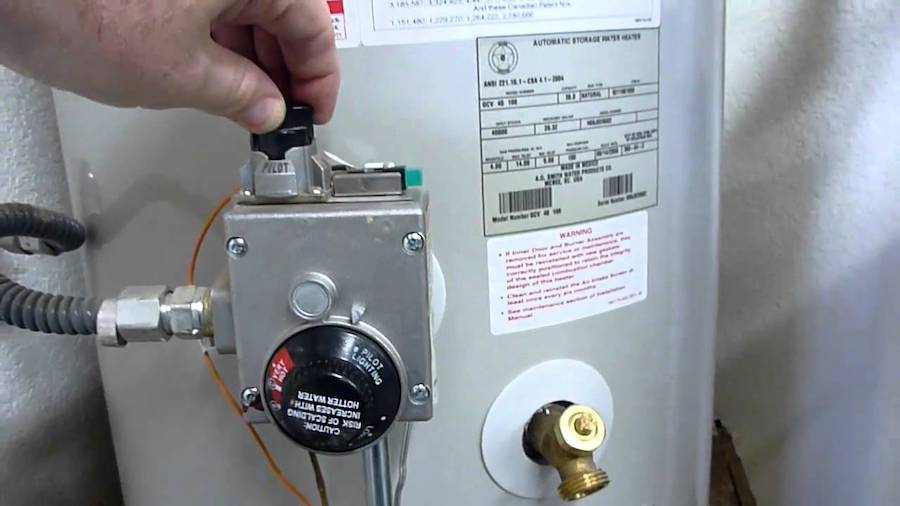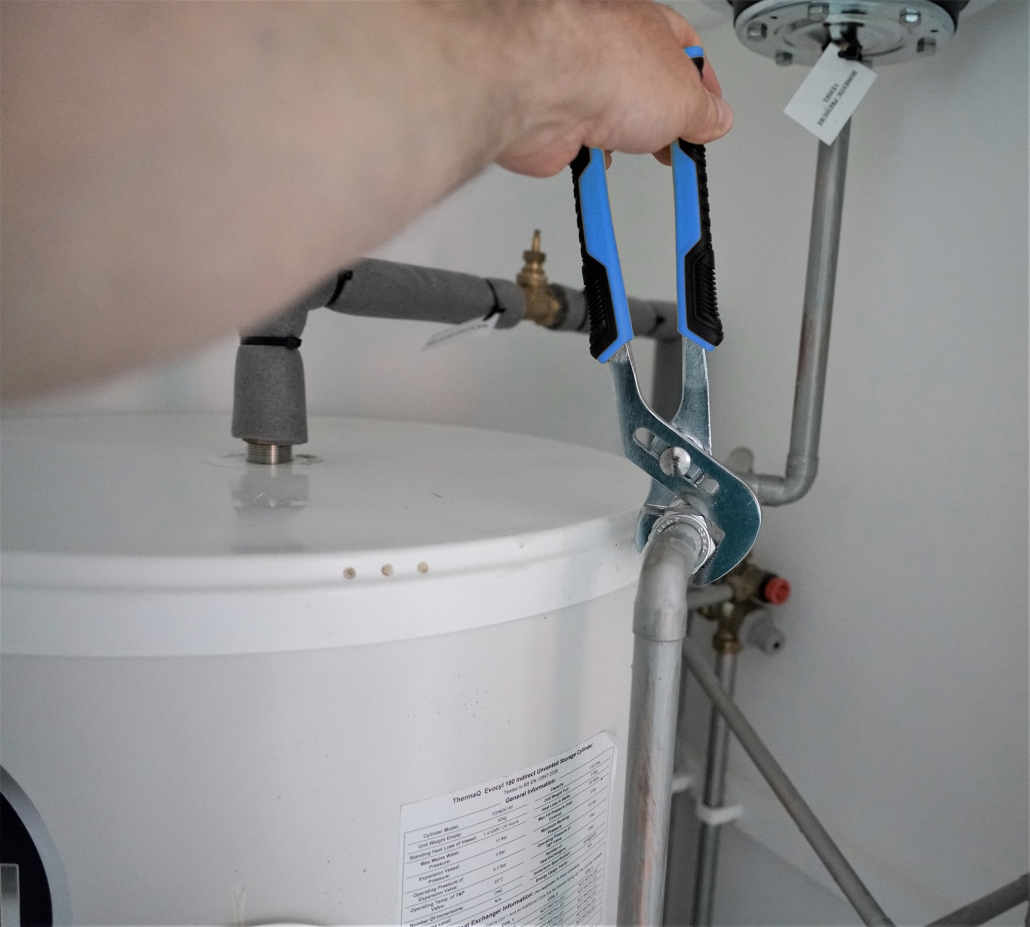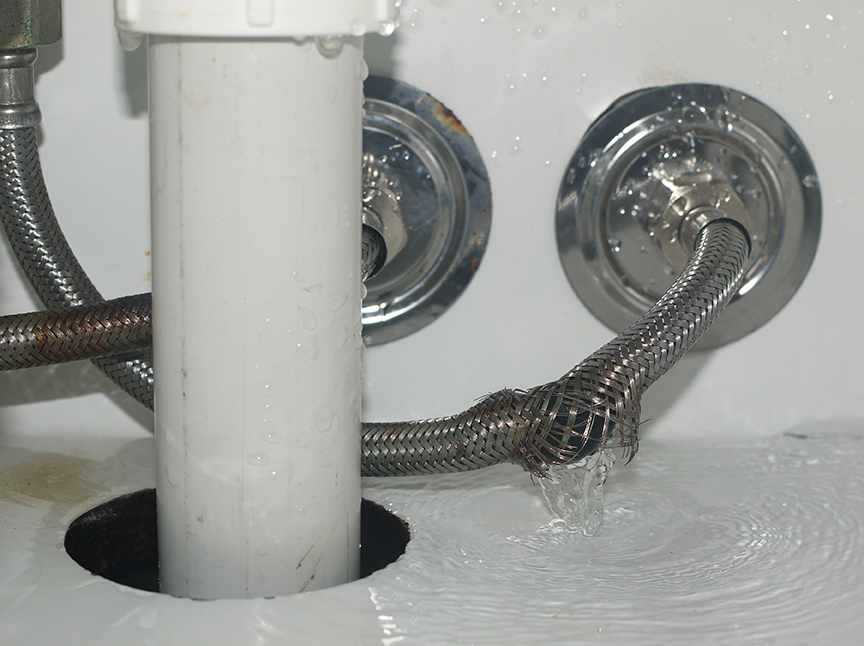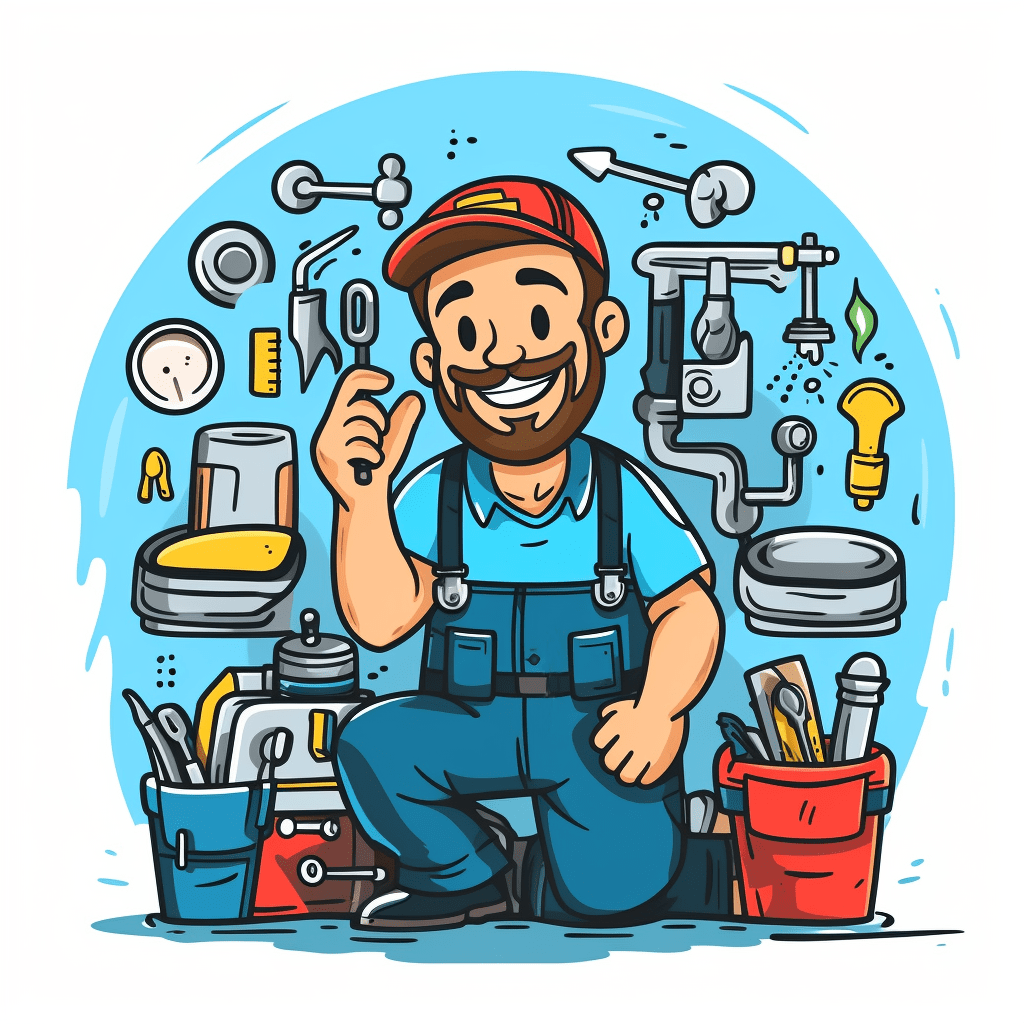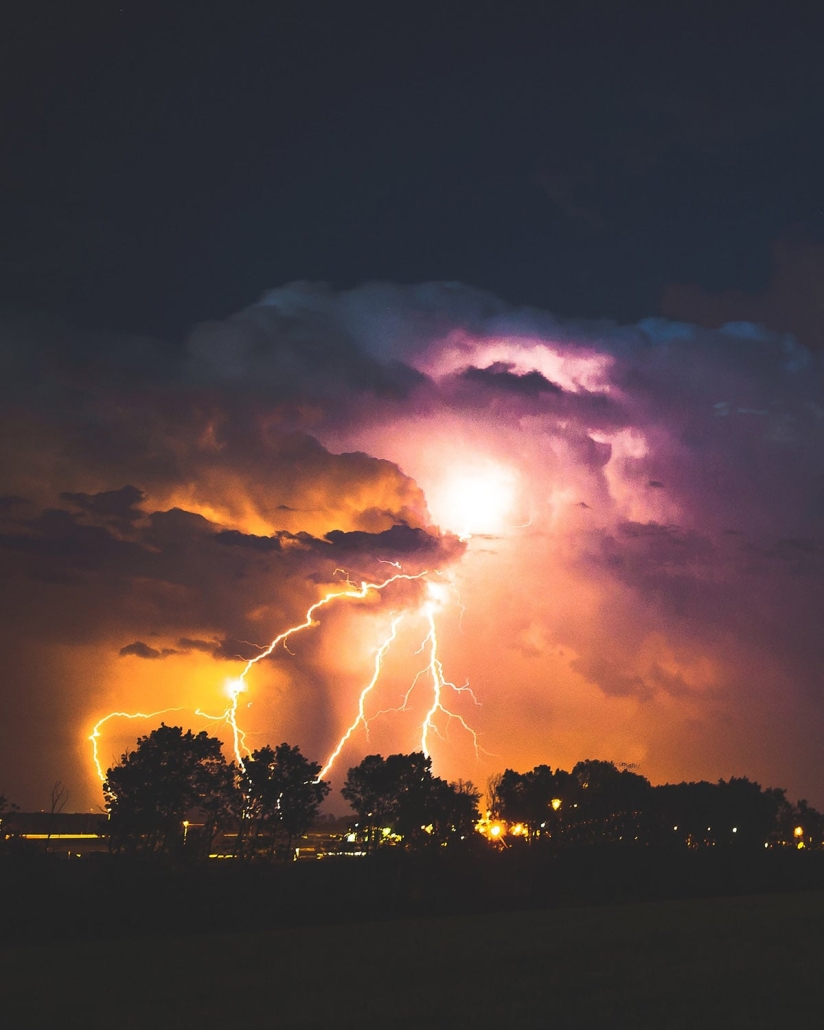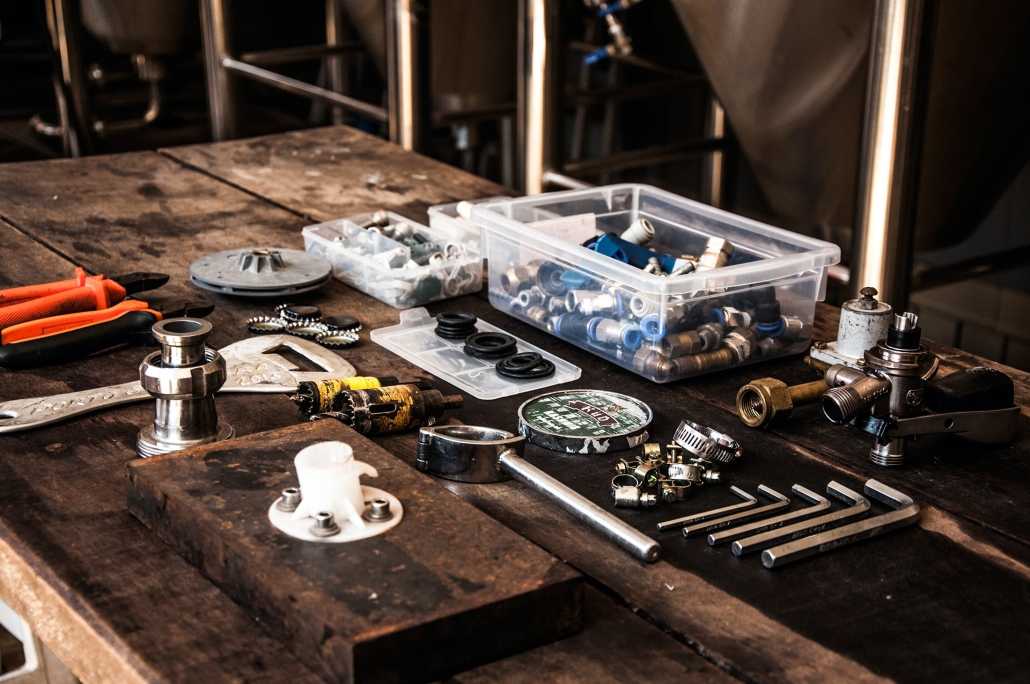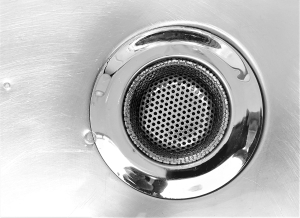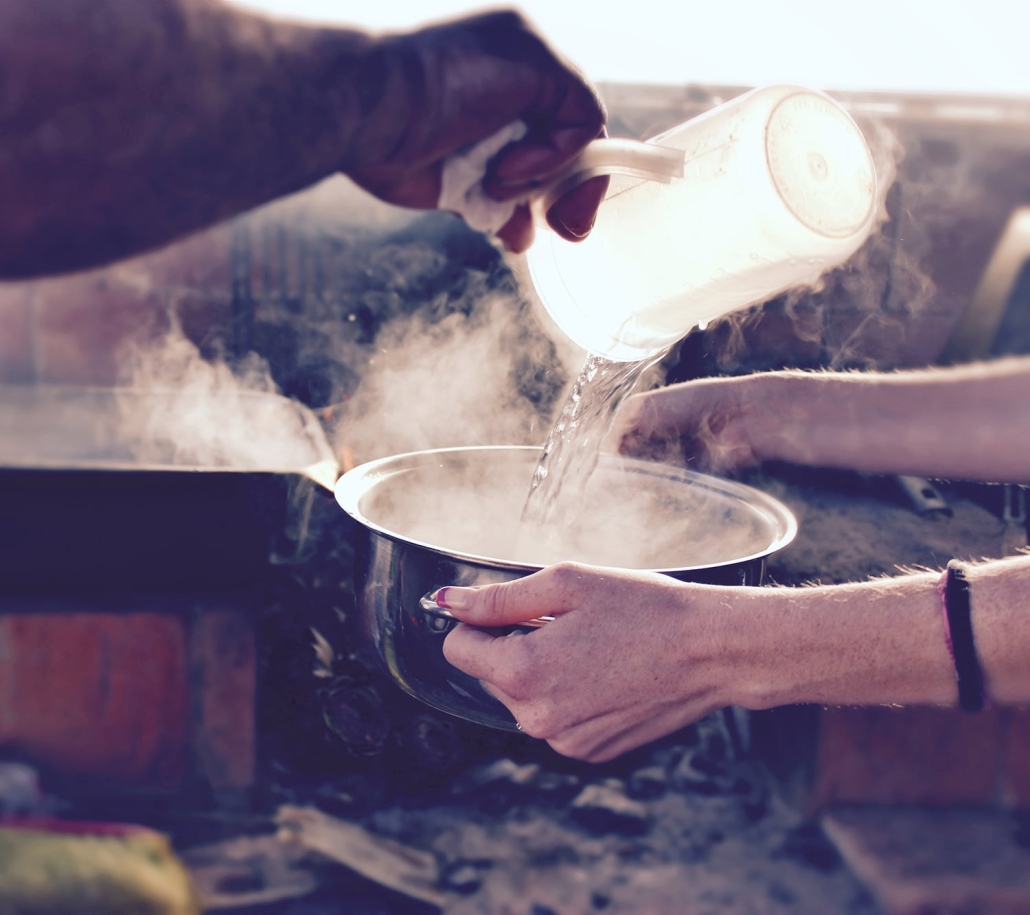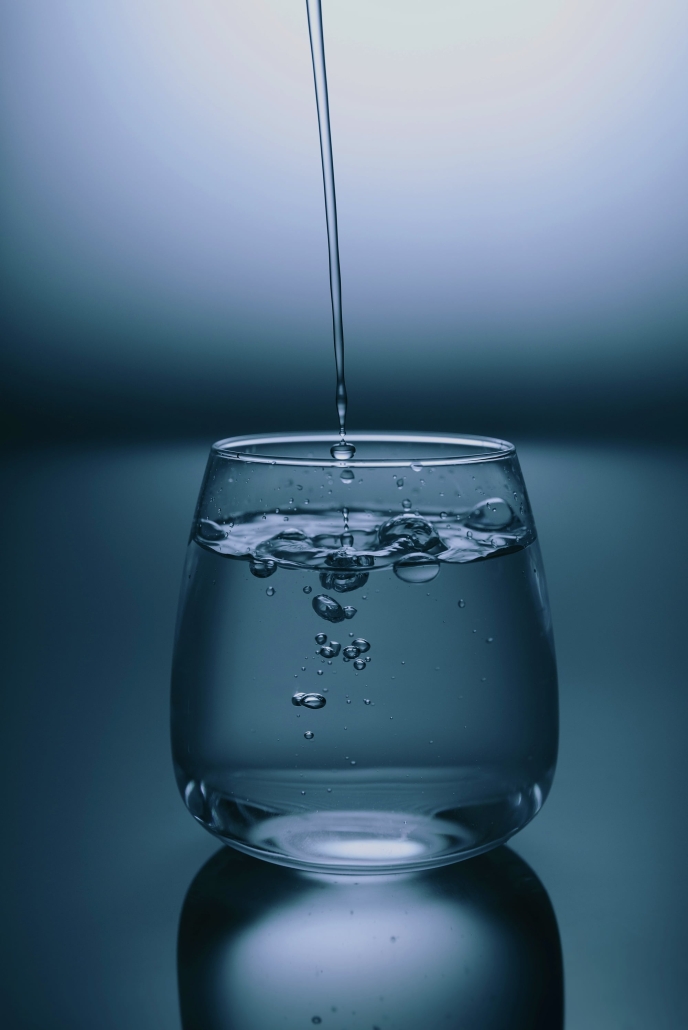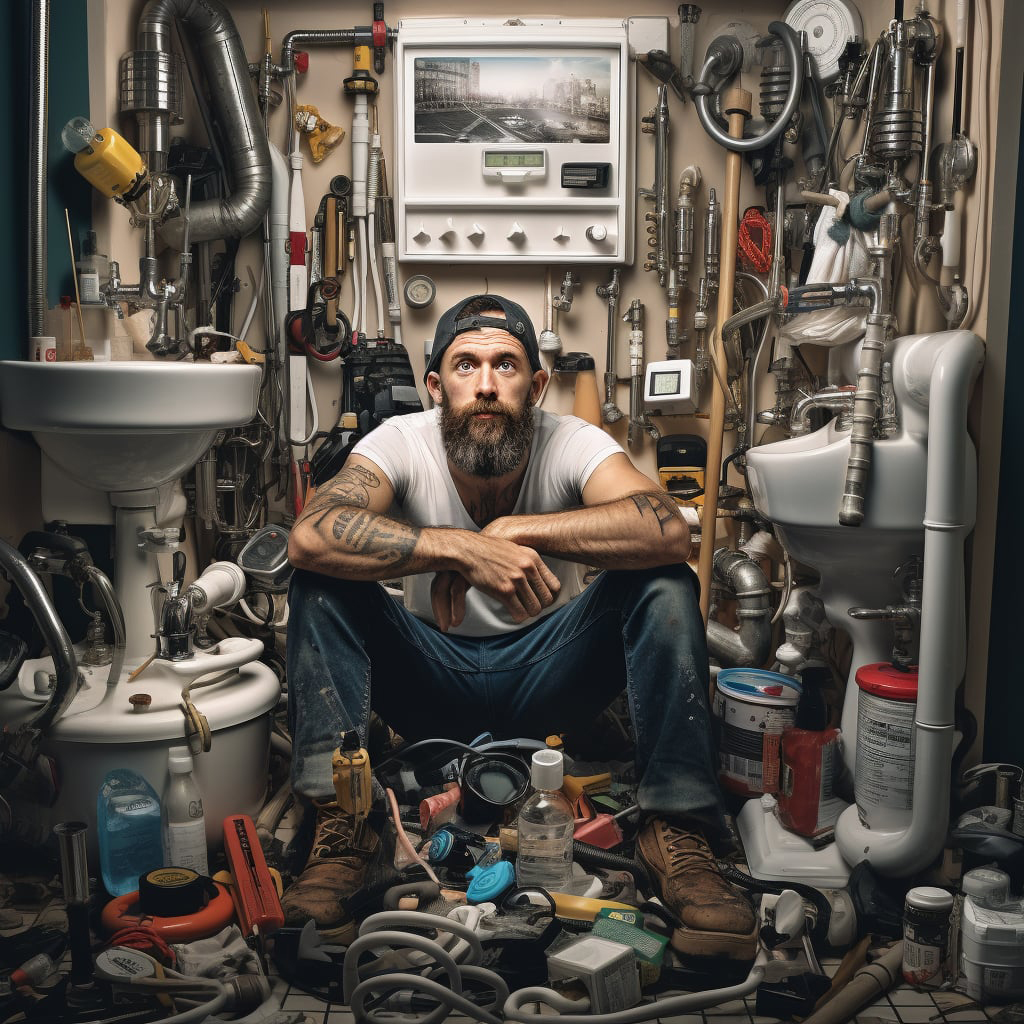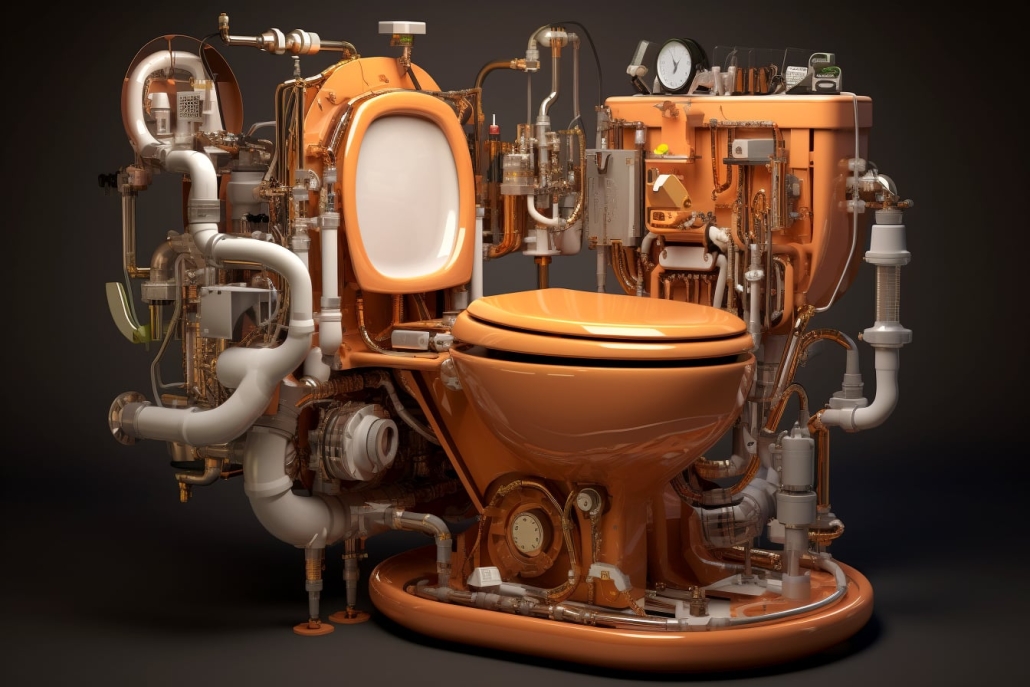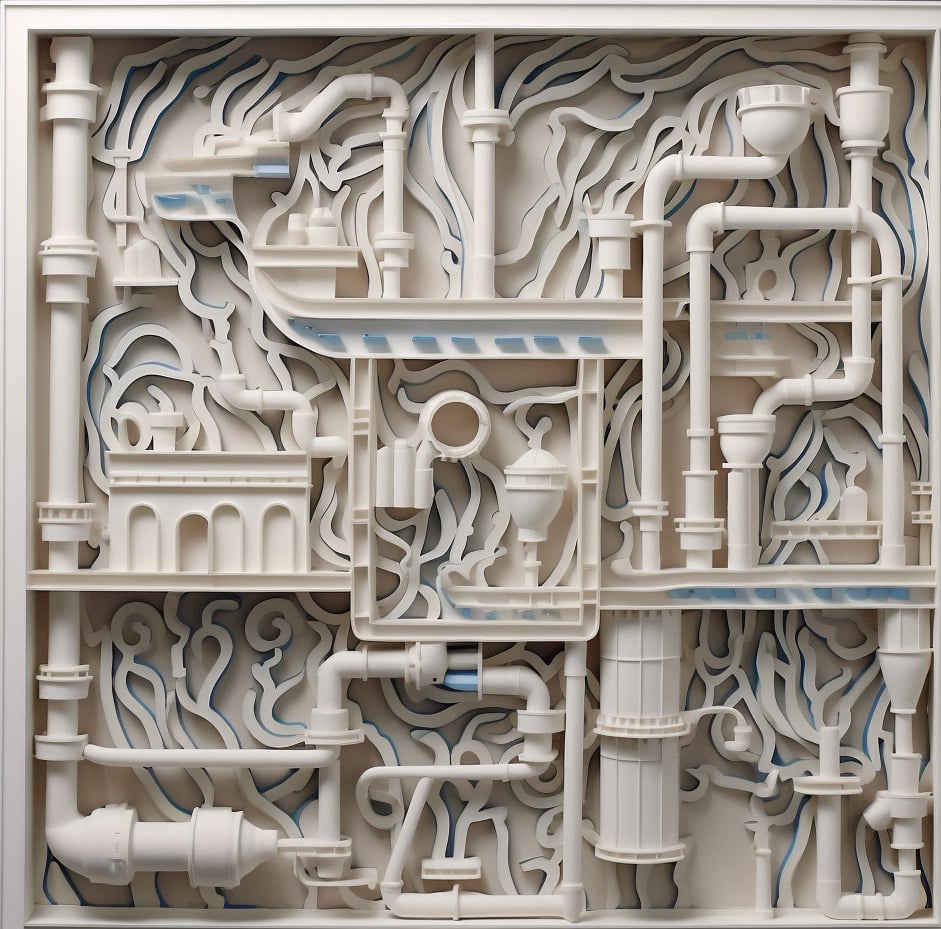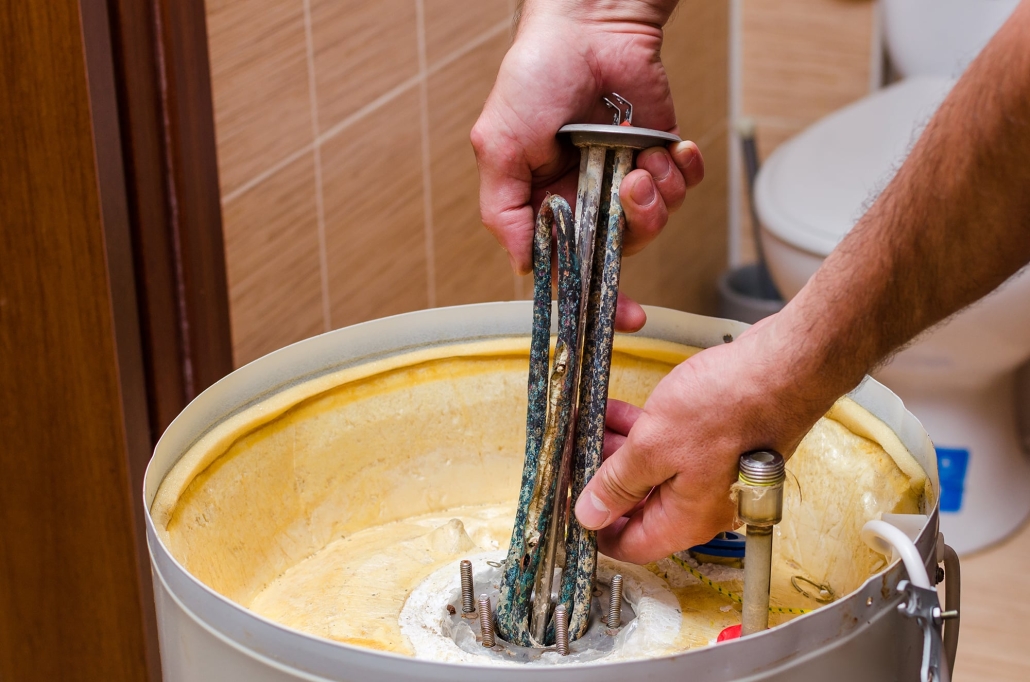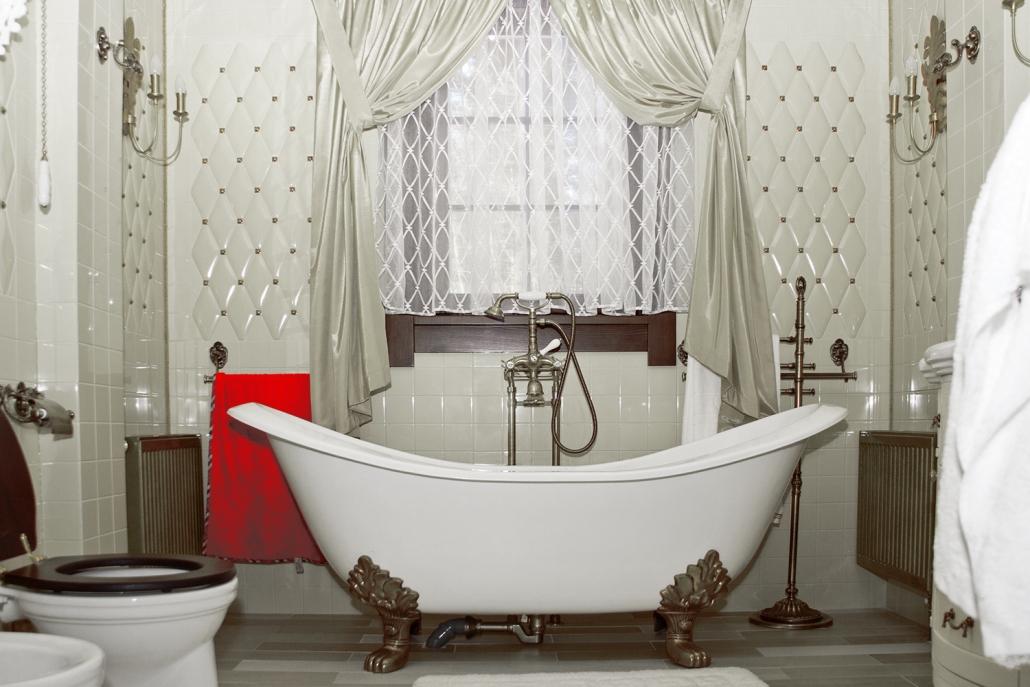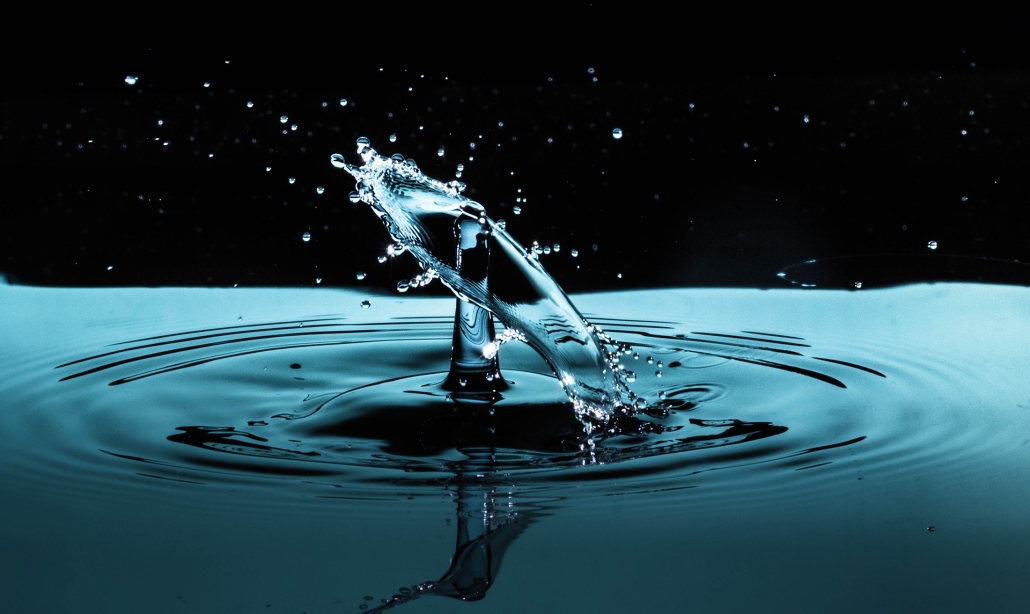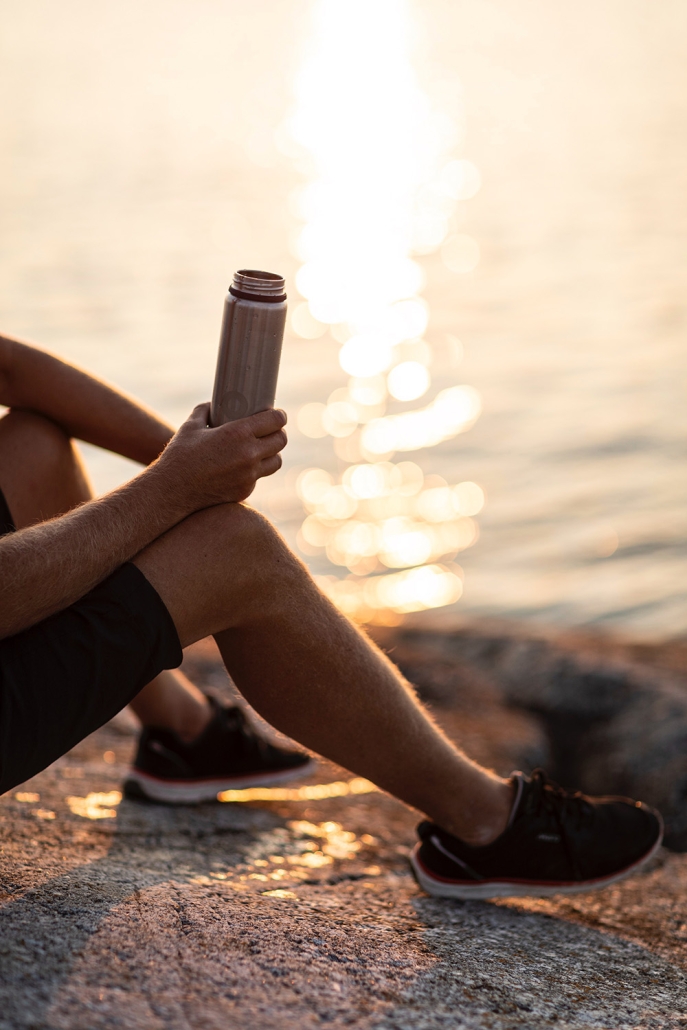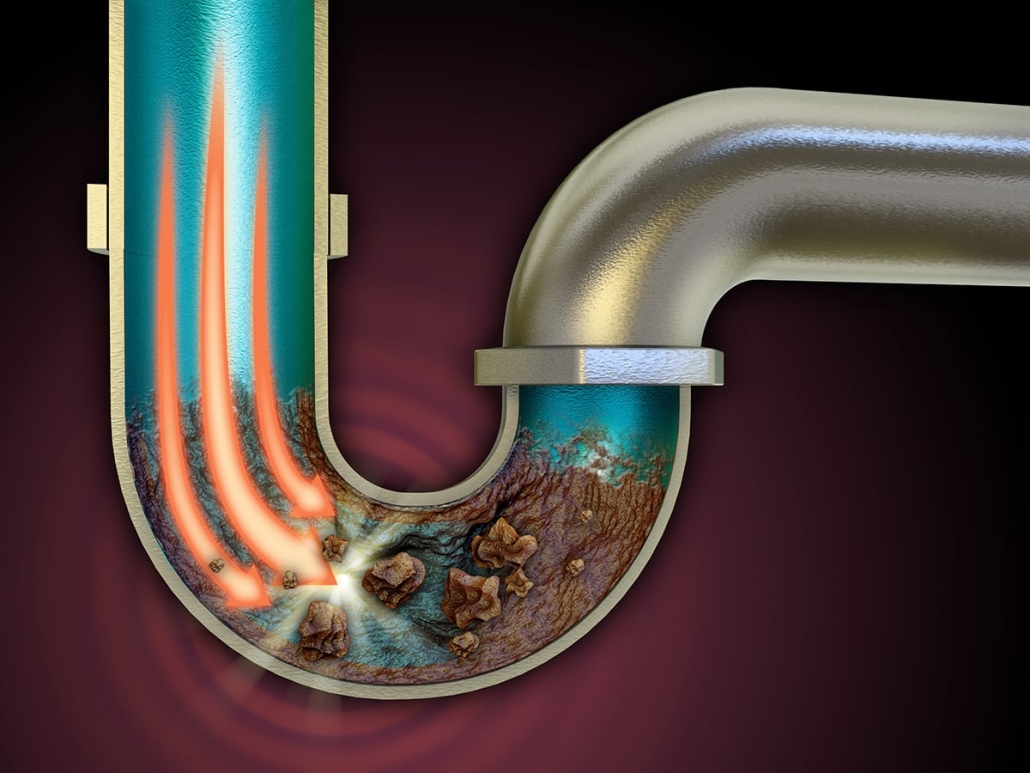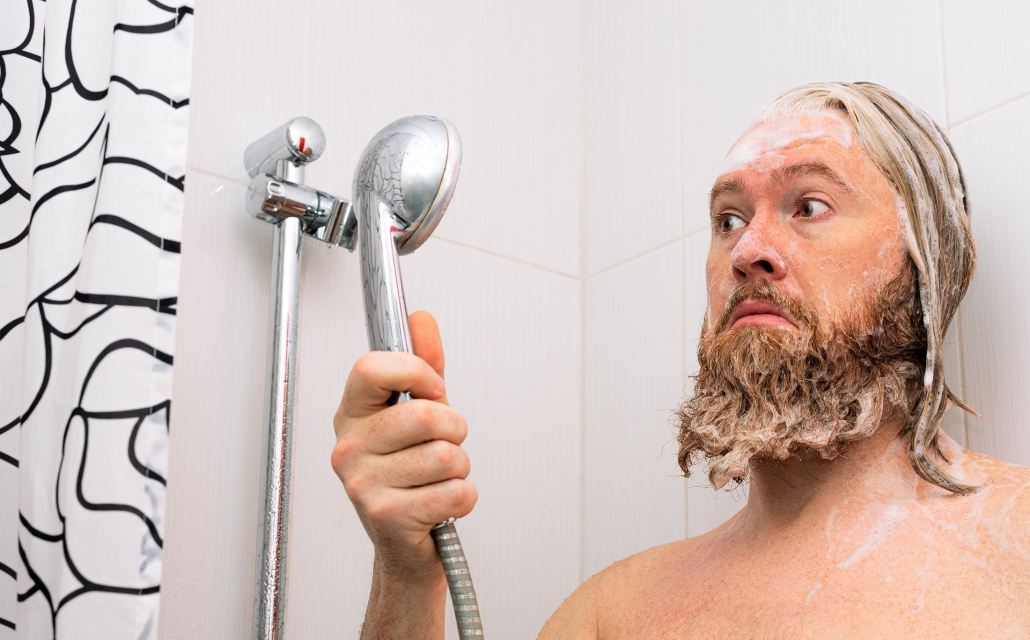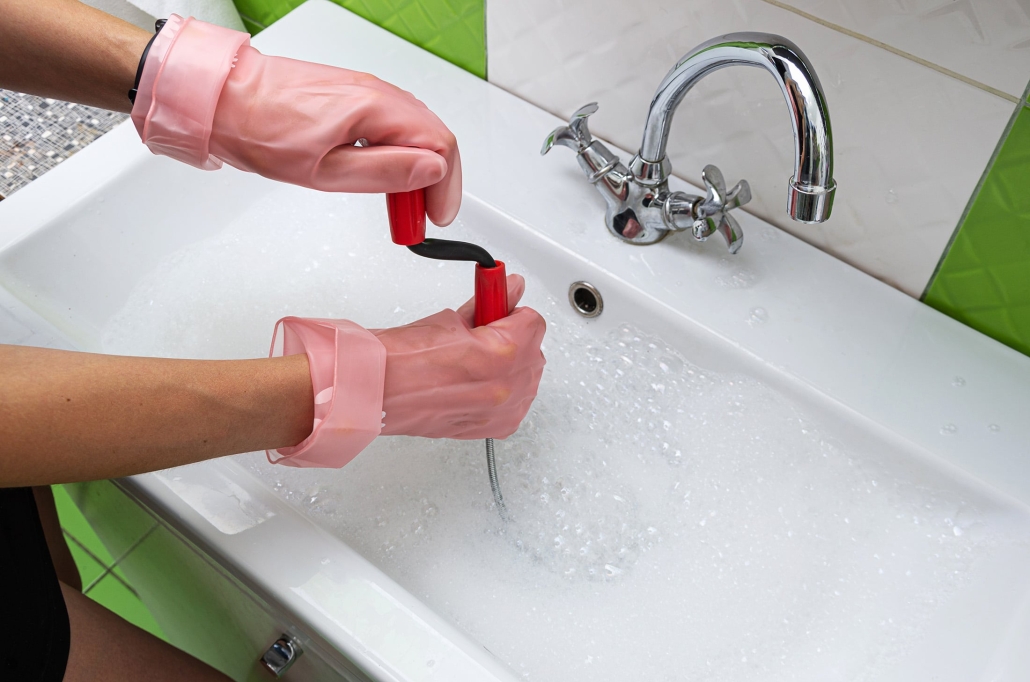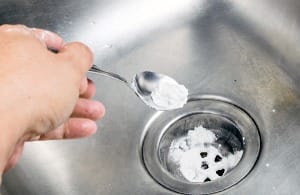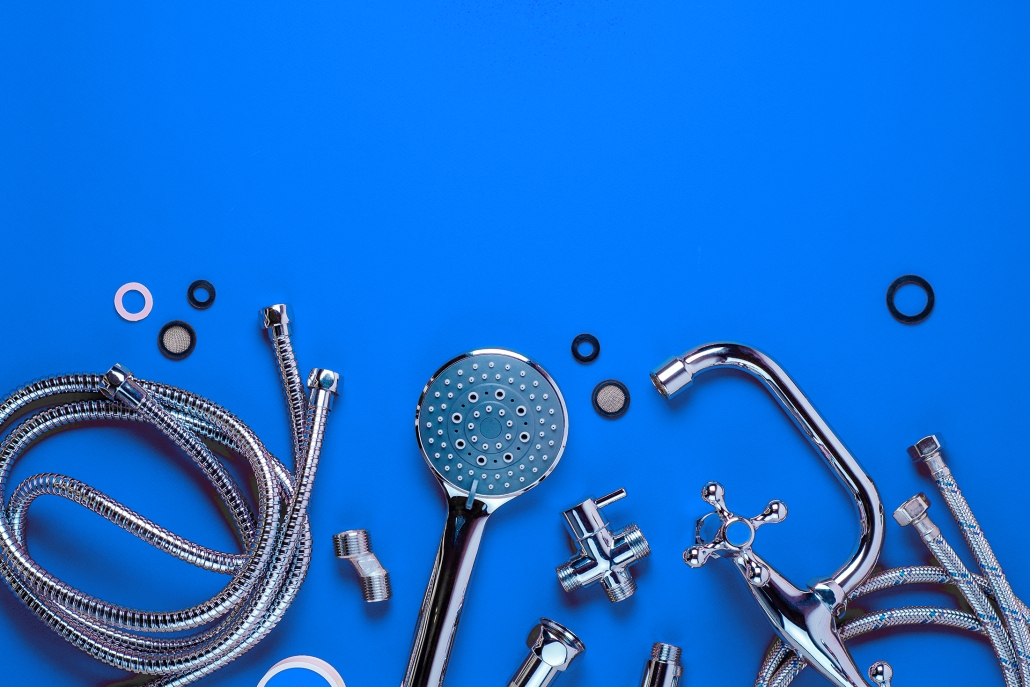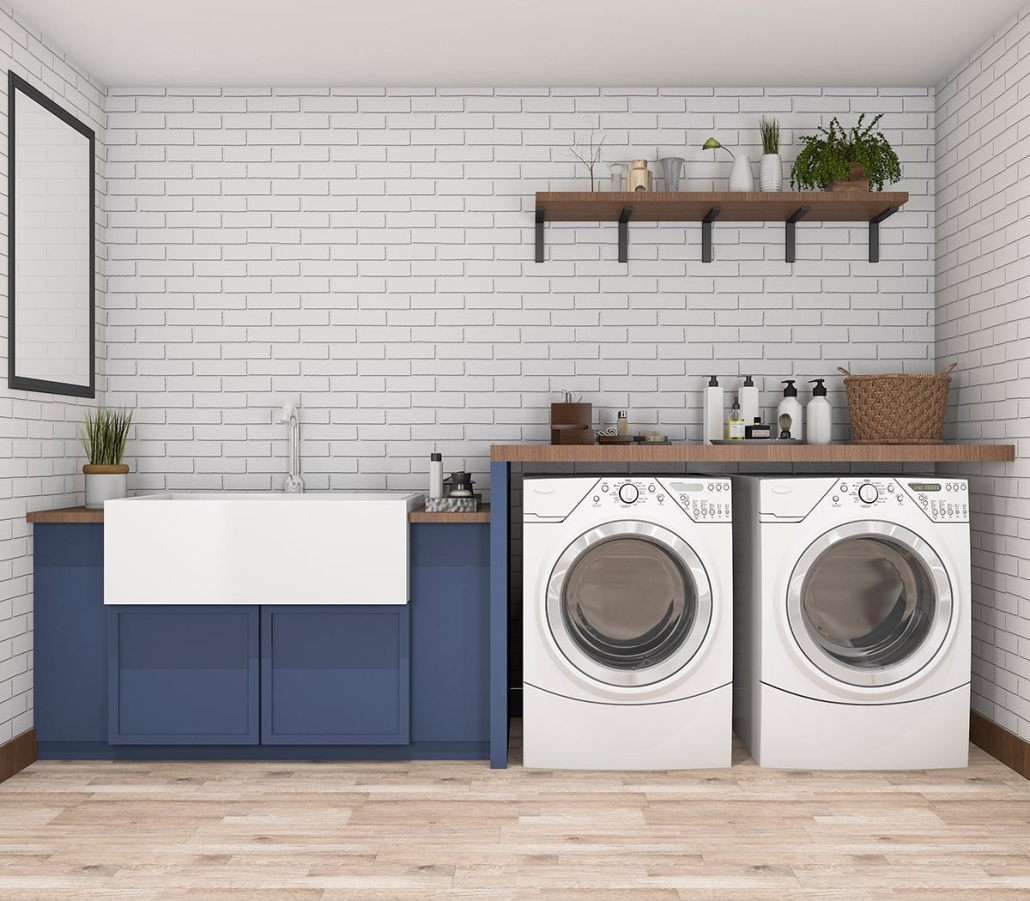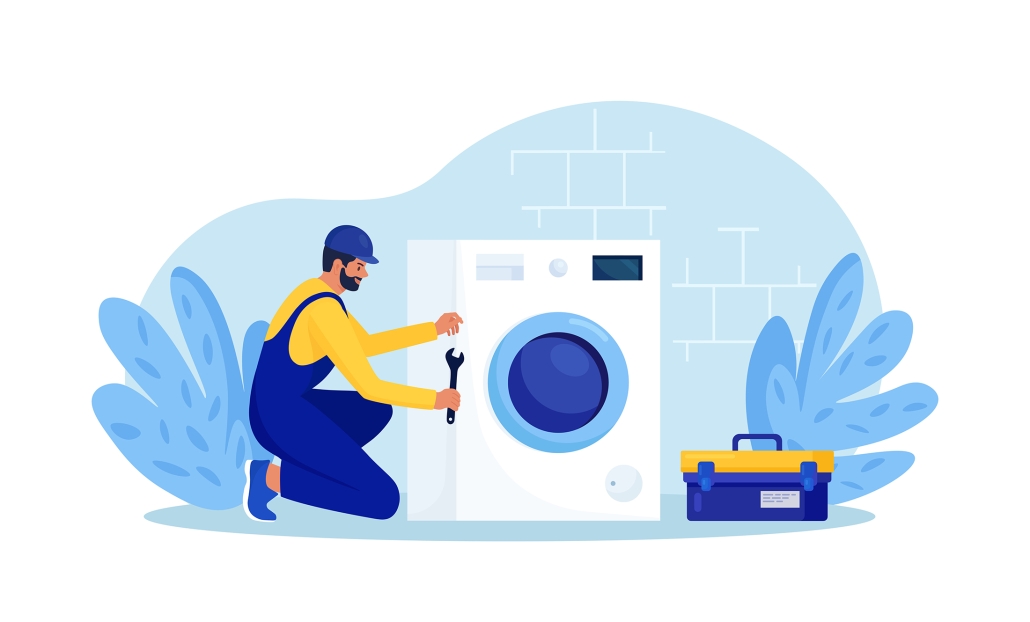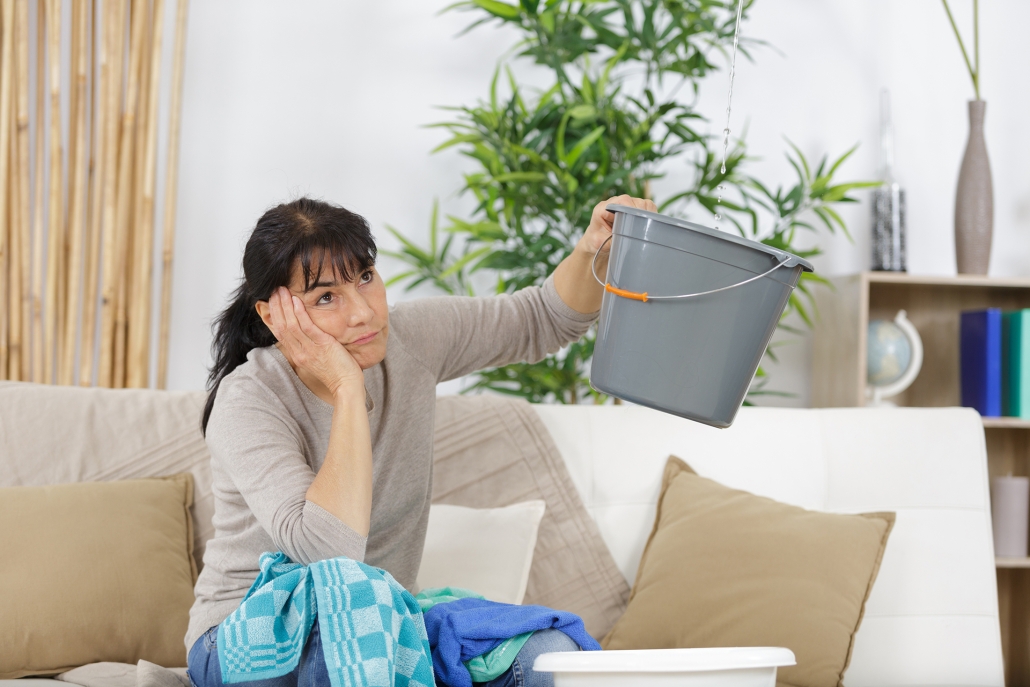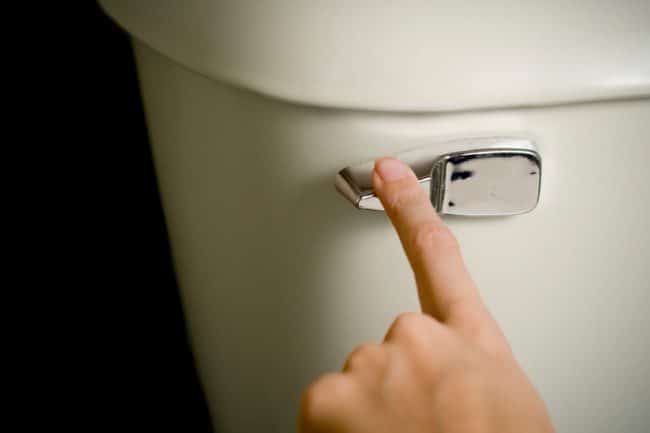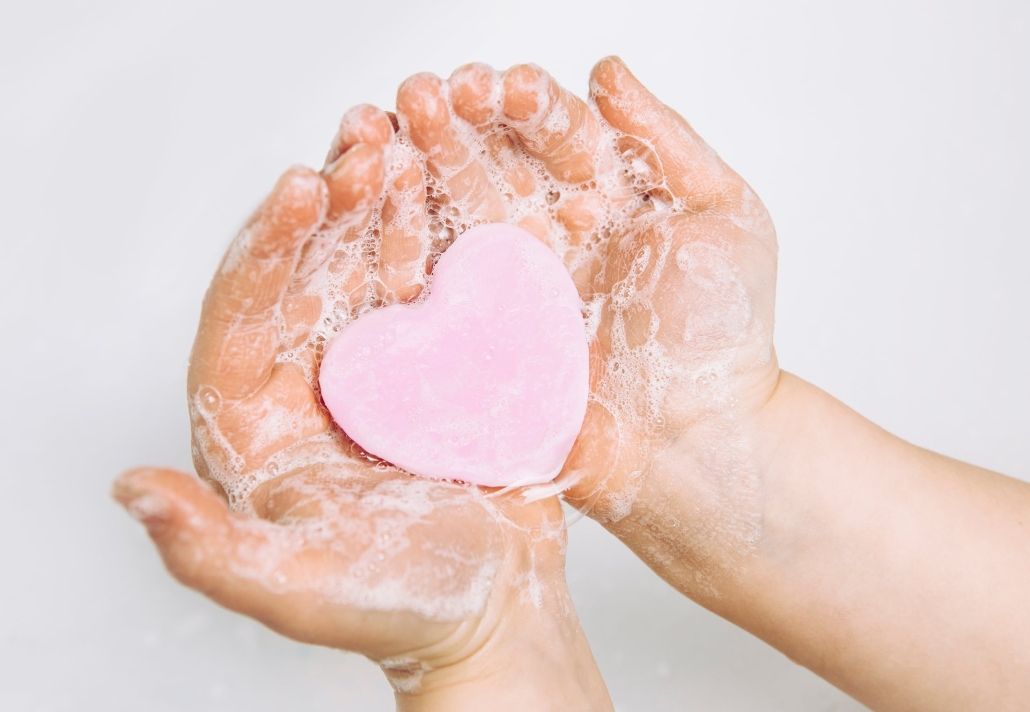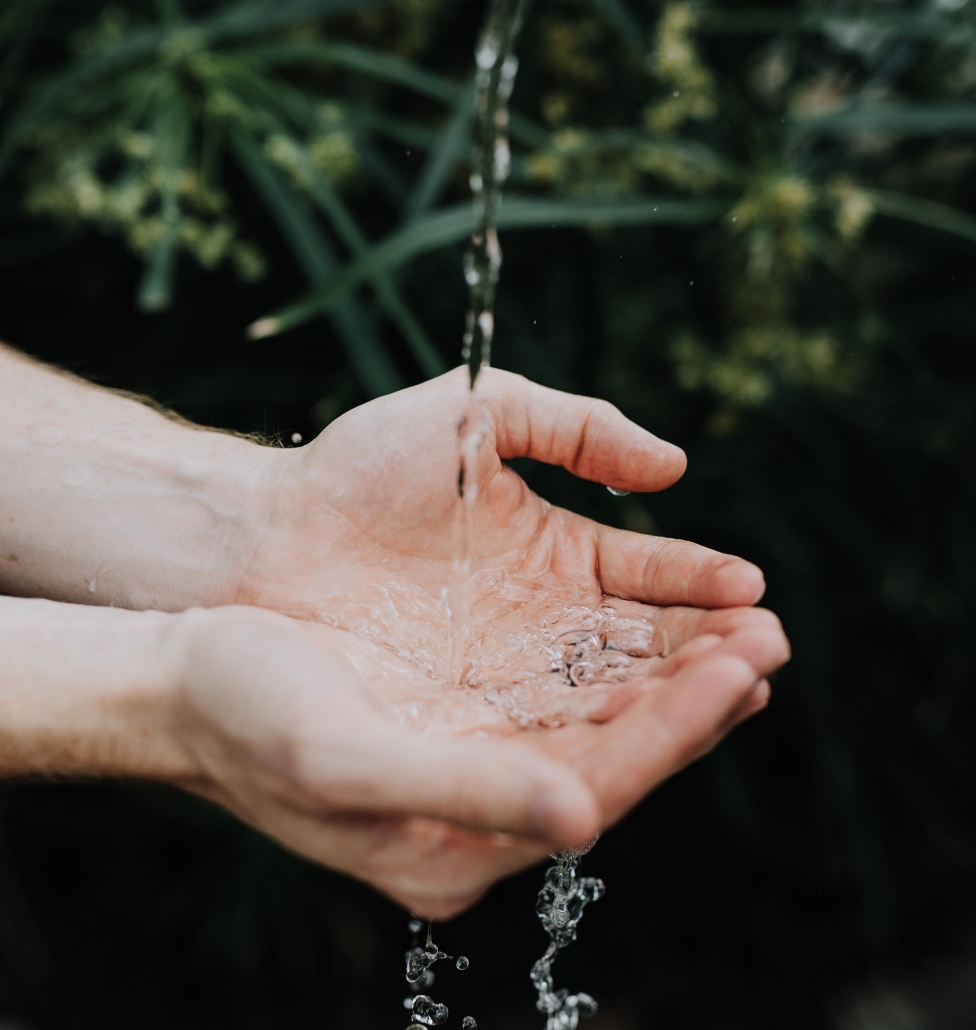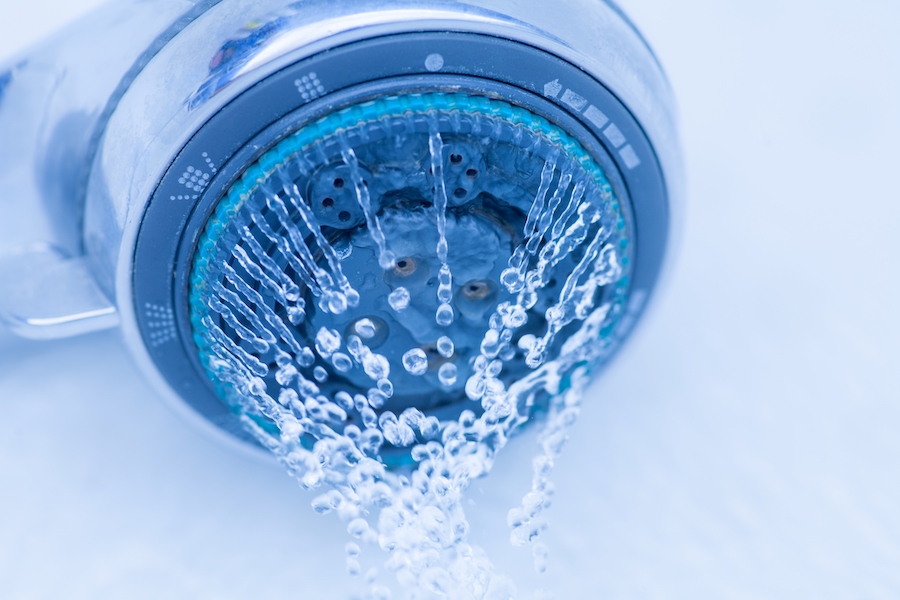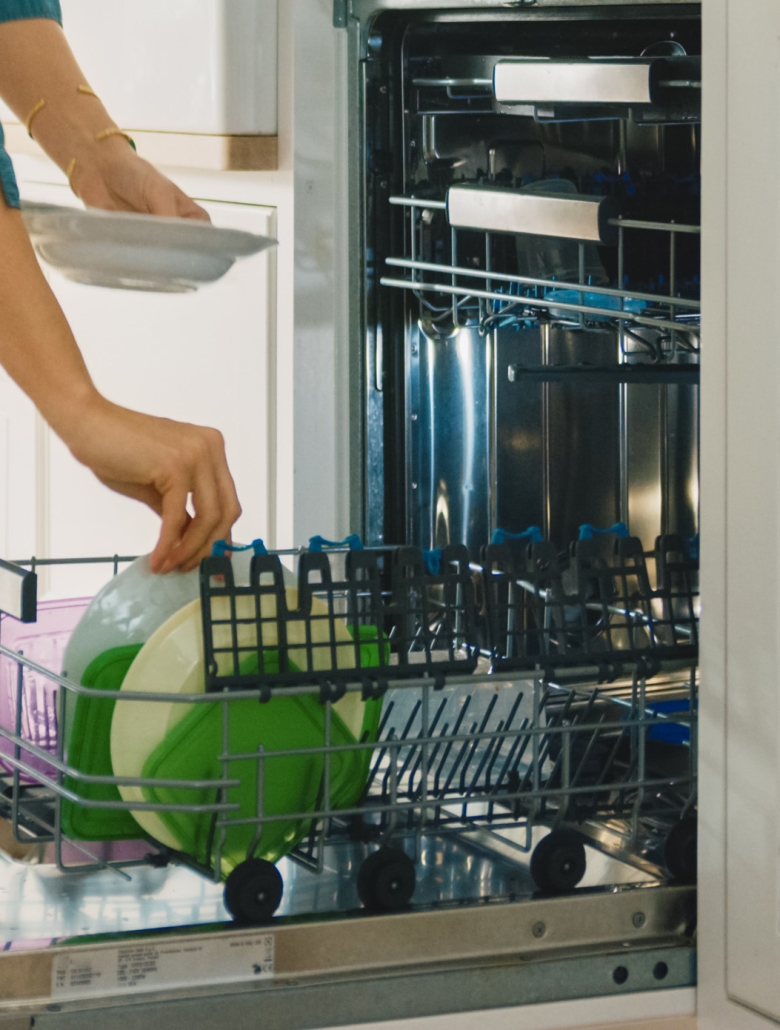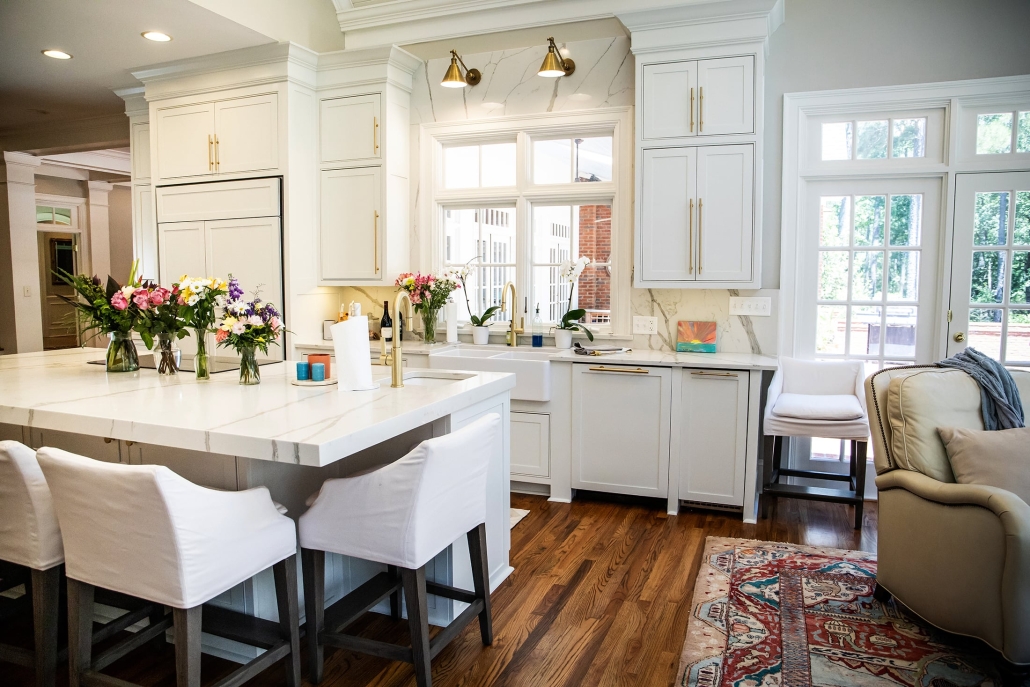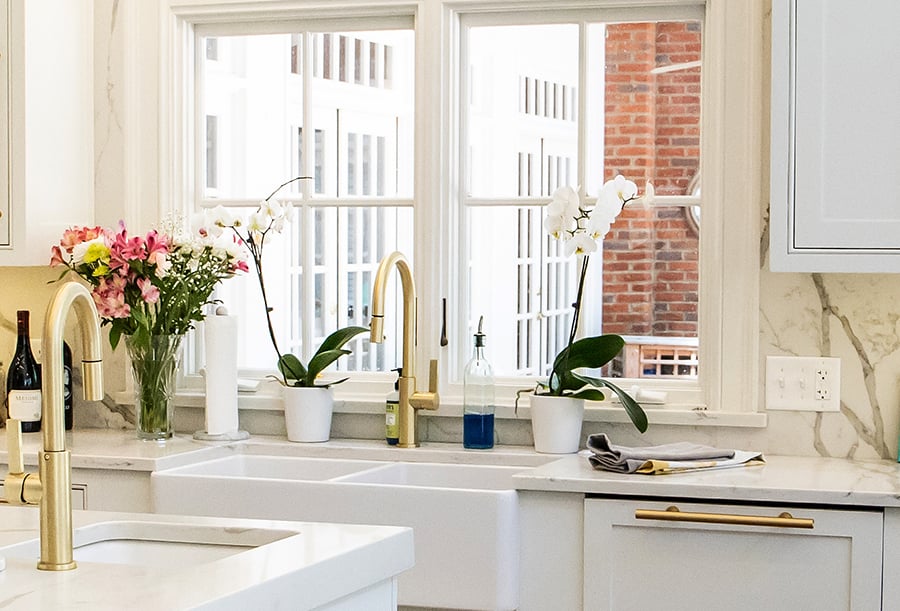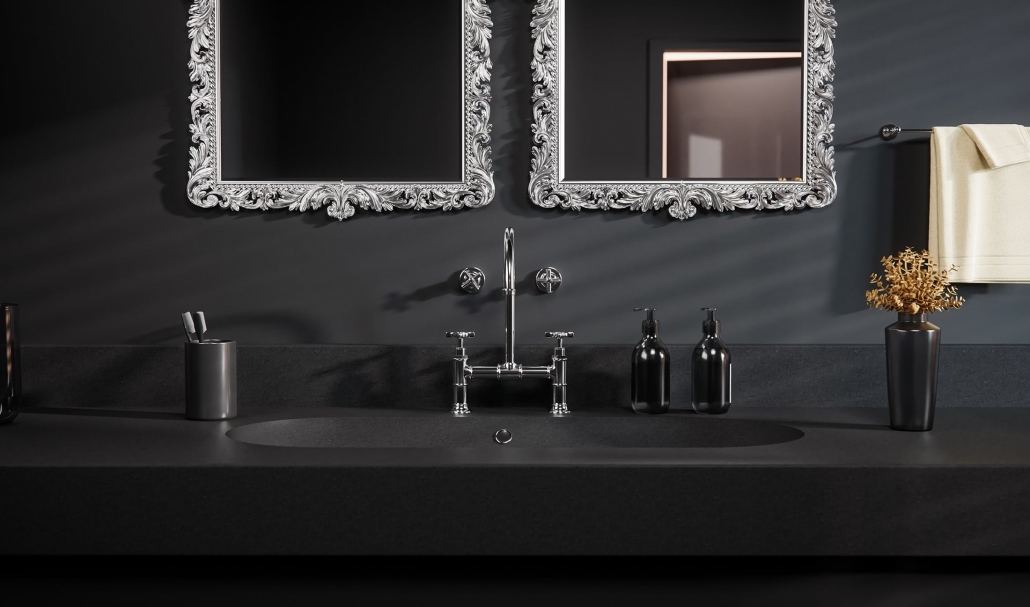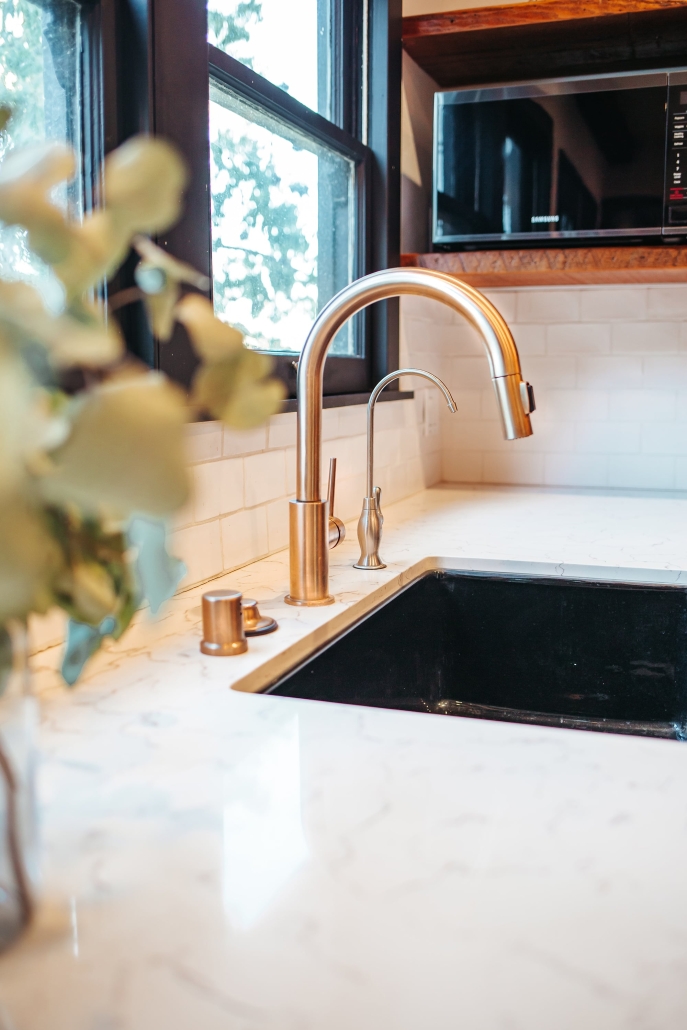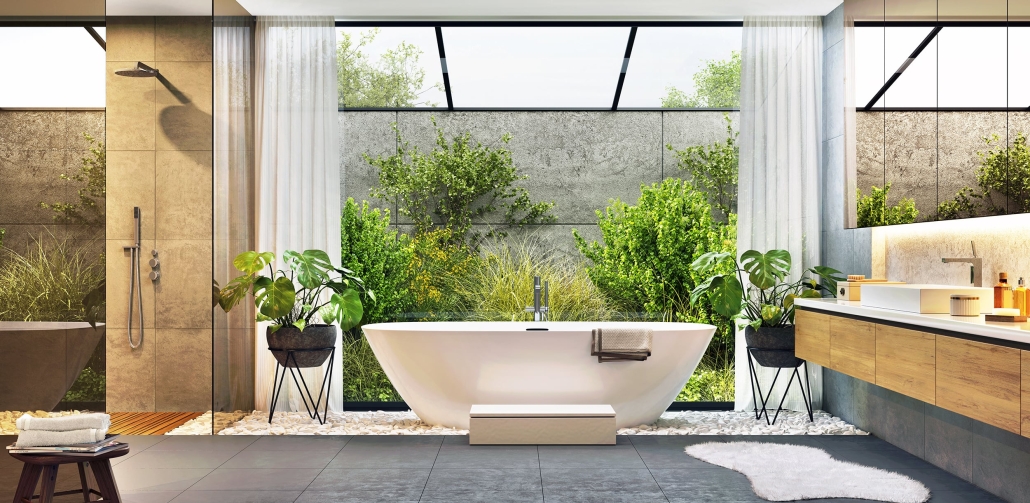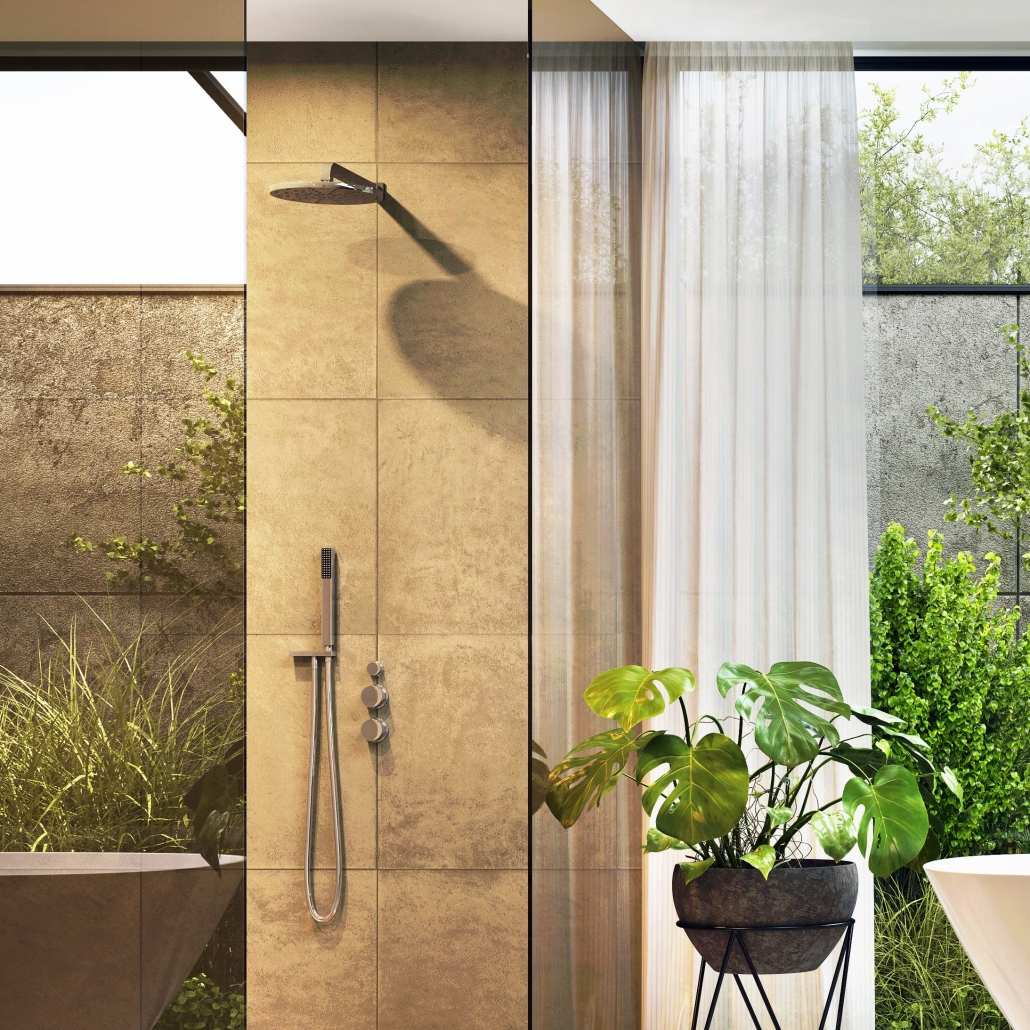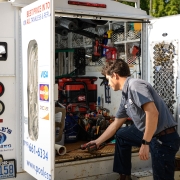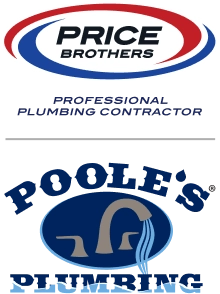Source of Rusty Water
Source of Rusty Water, Once you have identified rusty water, the next step is to determine its source. Often, rusty water originates from one or more of the following sources:
- Corroded pipes in your plumbing system
- Corroded parts inside your water heater
- Outside sources, such as healthy water containing high iron levels
If you need help determining where the rusty water might come from, let's start by visually inspecting all exposed piping in your home. Look for any areas where rust has accumulated and note any pipe corrosion or other signs indicating something wrong with the piping. Additionally, check the area around your water heater for any leaks causing rust buildup near the unit.
If you don't find any signs of rust or corrosion around the exposed piping, your next step is to check your water heater for signs of decay or rust inside the tank. You can do this by draining a few gallons from the bottom of the tank and inspecting it for any discoloration or debris that may indicate a problem.
Finally, suppose all else fails, and you still can't determine where the rusty water is coming from. In that case, it is time to call a professional plumber to inspect your plumbing system and diagnose any issues they find. A professional will be able to check your entire plumbing system more thoroughly than you can on your own, ensuring that no underlying issues are left unresolved.
By following these steps, you should be able to identify and address the source of rusty water in your plumbing system. Doing so will help ensure that your home remains clean and safe while protecting any appliances or fixtures from unnecessary damage due to rust buildup.
If you are dealing with rusty water regularly, have a professional inspect your plumbing annually to avoid any long-term issues caused by corrosion or rust accumulation; taking proactive measures now can save you time, money, and hassle down the line!
Next, it's essential to understand the cause of rust in your plumbing system. High levels of dissolved iron in the water supply usually cause rust. If you have hard water, there could be elevated amounts of iron present, causing discoloration or rust buildup over time. Additionally, if any exposed piping has gone without proper maintenance for some time, corrosion and rust accumulation could occur due to contact with moisture from the air or surrounding environment.
To reduce the risk of rusty water in your home, maintain all exposed pipes and fixtures regularly and inspect your water heater for signs of corrosion or rust accumulation. It's also essential to periodically test the quality of your home's drinking water to ensure it is safe and free from any potential contaminants.
By following these steps, you can help protect your plumbing system from developing problems due to rusty water and keep your home running smoothly. If you're ever in doubt about what could be causing an issue with your plumbing system, don't hesitate to call a professional plumber for assistance!
The source of rusty water can often remain hidden until it has caused significant damage to both the plumbing system and the fixtures that rely on it. That is why it is so important to act quickly and take steps to identify the source of rusty water if you are ever dealing with it in your home. Follow these tips to help ensure that you can find its source and address any issues it may be causing.
By staying on top of regular maintenance and inspecting exposed piping for rust or corrosion, you can watch for any potential problems before they worsen. Also, regularly examine your water heater since corrosion or rust buildup inside the tank could lead to rusty water coming from your faucets or showerheads. Suppose none of these measures seem to work, and you still need to find out where the rusty water is coming from. In that case, it's time to call a professional plumber to help you diagnose the issue and take the necessary steps to get your plumbing system back up and running correctly.
www.poolesplumbing.com

